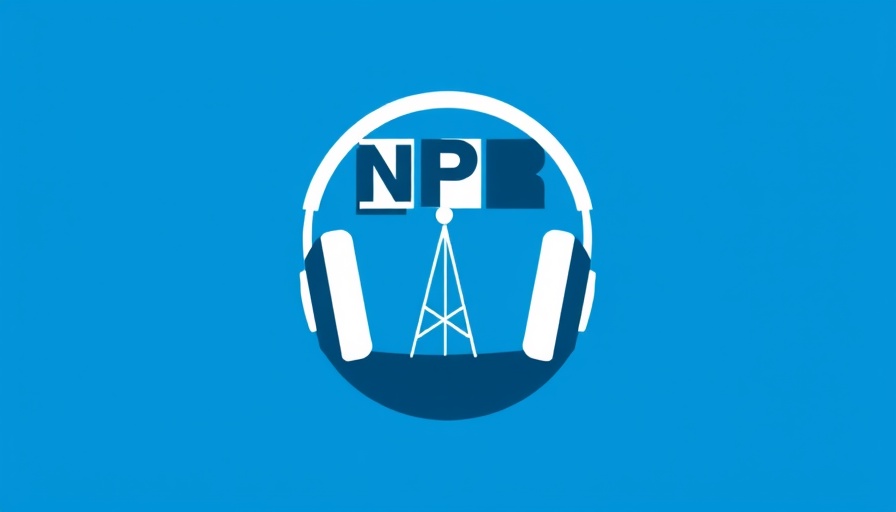
The Lingering Shadows: Health Impacts Post-Hurricane
A recent study highlights a distressing reality: the effects of hurricanes extend beyond their immediate devastation, imposing long-term health risks on survivors. Though the winds may die down and the floods recede, for many, the aftermath is just beginning. As communities rebuild, understanding the prolonged health implications is crucial for recovery efforts.
Understanding the Health Effects
Research indicates that hurricane victims often face an array of health issues ranging from psychological distress to chronic medical conditions. Among these, anxiety and post-traumatic stress disorder (PTSD) are prevalent. Symptoms can manifest years after the event, fueled by memories of trauma, financial instability, and the loss of loved ones or property.
Moreover, the study underscores a correlation between the physical environment post-storm and the health of those affected. Disasters can disrupt access to healthcare services, lead to unhealthy living conditions, and contribute to poor mental health. These factors create a cycle of declining health, complicating recovery processes.
The Cost of Ignoring Long-Term Effects
Ignoring the long-term impacts of hurricanes can have severe consequences not only for individuals but also for healthcare systems and businesses. The economic burden of untreated health conditions can escalate, affecting productivity and increasing healthcare costs. Businesses, particularly in tech-driven and marketing-centric industries, should be aware that employee well-being is critical for maintaining efficiency post-disaster.
Effective Strategies for Recovery
To mitigate the long-term health effects of hurricanes, several strategies can be employed:
- Holistic Health Programs: Implementing community-based initiatives that address physical, mental, and social well-being can foster resilience. Public health organizations should target mental health services to those affected, offering counseling and support groups.
- Access to Resources: Ensuring access to healthcare services, including both physical and mental health, can alleviate some of the burdens survivors face. Telehealth has become a vital tool for reaching those in hard-hit areas, making it essential to integrate this into recovery plans.
- Health Education: Raising awareness about the potential long-term effects of hurricanes can empower survivors to seek help proactively. Educational campaigns can help normalize discussions about mental health, reducing the stigma associated with seeking assistance.
A Case Study: Lessons from Past Hurricanes
Historically, similar disasters have showcased the necessity for post-event health care planning. For instance, after Hurricane Katrina, healthcare providers noted a spike in mental health disorders among residents years later. Key takeaways from these experiences include the importance of continuous mental health support and the need for integrated healthcare services immediately following a disaster.
Looking Forward: Preparing for Future Disasters
Given the increasing severity of climate-related events, businesses and communities must prepare for the inevitability of future hurricanes. This preparation should include not only physical infrastructure improvements but also health-focused readiness plans. Businesses can bolster employee health by considering workplace policies that support mental health, such as flexible work arrangements and counseling services.
Final Thoughts: The Responsibility to Act
Addressing the long-term health impacts of hurricanes is not just about recovery; it's about fostering a resilient future. Companies and communities must work hand in hand to take proactive steps. As they prepare for the hurricanes of tomorrow, understanding and mitigating health impacts will be critical. Each concerted effort will pave the way for a more robust recovery and a healthier populace.
Let’s take action now to ensure those affected by disasters receive the long-term support they need; whether through policy reform, community initiatives, or business practices, the time to invest in health resilience is today.
 Add Row
Add Row  Add
Add 




Write A Comment